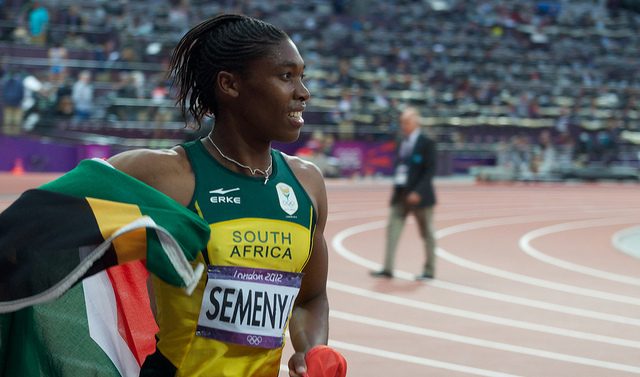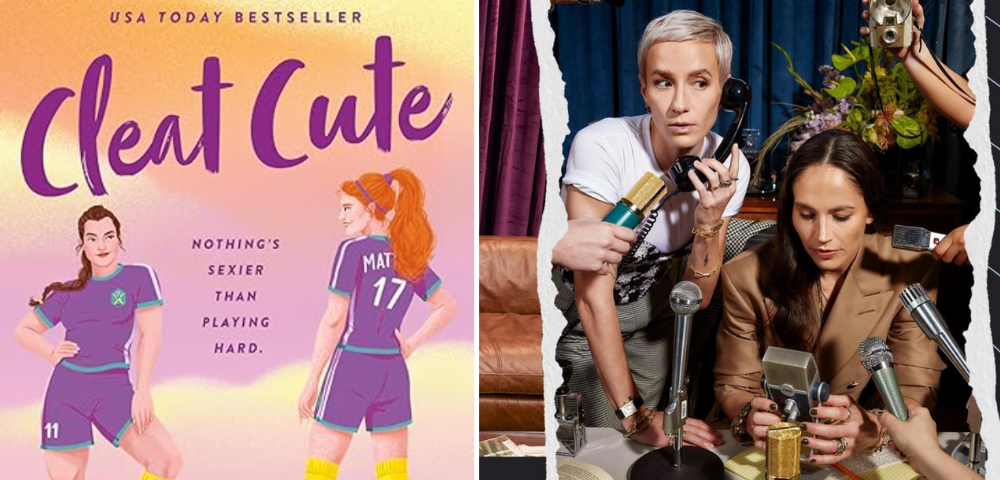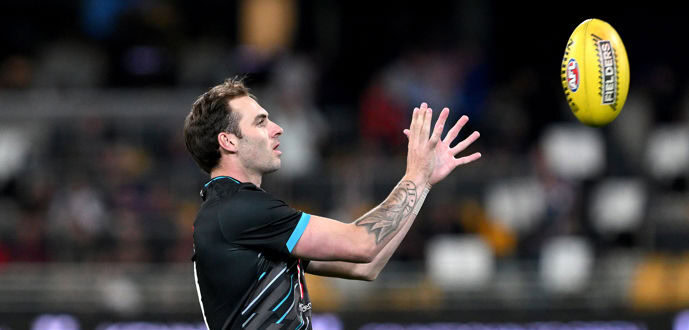
Caster Semenya loses legal battle against IAAF regulations forcing hormone therapy

Olympian Caster Semenya has lost her legal case against the International Association of Athletics Federation (IAAF) which will see her forced to take medication to compete.
Semenya appealed the IAAF’s new regulations forcing female athletes with higher than average testosterone to reduce their hormone levels to a regulated level in order to compete, The Guardian reported.
The regulations have been roundly criticised by intersex advocates and the World Medical Association (WMA), which says forcing athletes with a difference in sex development (DSD) to take hormone suppressants may contravene medical ethics and human rights standards.
While the Court of Arbitration for Sport (CAS) openly called the IAAF’s regulations “discriminatory” in its ruling on Wednesday, two of the three arbitrators accepted that the discrimination was “necessary, reasonable and proportionate” to ensuring fair standards of competition in women’s sport.
“I know that the IAAF’s regulations have always targeted me specifically,” Semenya said.
“For a decade the IAAF has tried to slow me down, but this has actually made me stronger.
“The decision of the CAS will not hold me back. I will once again rise above and continue to inspire young women and athletes in South Africa and around the world.”
Athletics South Africa, having long supported Semenya in her fight, slammed the decision and expressed “shock” that “a body held in high esteem like Cas could endorse discrimination without flinching.”
“CAS has seen it fit to open the wounds of apartheid – a system of discrimination condemned by the whole world as a crime against humanity.
“For CAS not to only condone discrimination but also go to lengths to justify it, only undermines the integrity that this body is entrusted with. We believe their decision is disgraceful.”
The IAAF regulations have been tailored to cover the events Semenya competes in, meaning if she were to move to running in longer distance events, rather than events between 400m and a mile, she would be able to dodge the new regulations which the IAAF says will come into effect on May 8.
The WMA said they “have strong reservations about the ethical validity” of the IAAF regulations, saying “they are based on weak evidence from a single study.”
“They are also contrary to a number of key WMA ethical statements and declarations, and as such we are calling for their immediate withdrawal.”
Former Australian Olympic runner Madeleine Pape, who was beaten by Semenya in the 800m at the 2009 World Championships, wrote in support of Semenya, saying that having once seen naturally high testosterone as an issue in women’s sport she now finds that an “outdated and indefensible position”.
“Was I willing to recognise my friends as women outside of sport yet deny them the right to compete alongside me on the track? The short answer, I realised, was no.”
Earlier this year, the United Nations Human Rights Council adopted a resolution expressing concern over the move to force women and girls competing in sport to undergo unnecessary medical procedures and hormone therapy.
Intersex Human Rights Australia’s Morgan Carpenter said that the CAS decision is “not what justice looks like”.
“The decision is more of the same old story: discrimination, forced medical intervention, and decision-making despite a lack of evidence.”
Many have pointed out that the discrimination against Semenya as a black, cisgender woman with a variation in sex characteristics is at odds with the celebration of the physical genetic advantages of an athlete like swimming champion Michael Phelps.
Phelps has been noted as being “built” to be a swimmer, having an atypically large wingspan, double-jointed ankles and a genetic quirk which sees him produce half the usual amount of lactic acid, which causes fatigue.
Semenya, who married her wife Violet Raseboya in 2017, now has the option of appealing the CAS decision in Switzerland’s supreme court in Lausanne.
Further reading: ‘You cop a lot of crap from other teams on the field’: trans and intersex athletes in Australia










Beinyborn Intersex isn’t a choice & doesn’t need to be fixed .
I know what’s it like to have doctors ‘Experiment ‘ on you, have your Human Rights negated simply because you’re born different, having to carry shame around for years, enough !!
Castya is Amazing, she’s my hero !!
❤️